Remember: You’re not responsible for making someone drink less, but you are responsible for helping them stay safe once they’re drunk. When in doubt, get professional medical help – it’s better to overreact than to have someone get seriously hurt.
Helping intoxicated friends is part of event safety. Here’s how to do it responsibly:
Assessing the Situation
Dangerous Intoxication Signs
- Unconsciousness: Can’t wake them up or keep them awake
- Vomiting while unconscious: Risk of choking
- Irregular breathing: Slow, shallow, or stopped breathing
- Cold, clammy skin: Pale or bluish skin color
- Confusion and disorientation: Don’t know where they are or who you are
- Unable to walk: Complete loss of motor control
Manageable Drunk vs. Medical Emergency
- Manageable: Slurred speech, unsteady but walking, aware of surroundings
- Medical emergency: Unconscious, not responsive, vomiting while unconscious
- When in doubt: Treat as medical emergency and get professional help
Immediate Response
Keep Them Safe
- Stay with them: Never leave an unconscious person alone
- Recovery position: If unconscious, turn them on their side to prevent choking
- Clear airways: Remove any vomit from mouth, keep head tilted
- Keep warm: Cover with jacket or blanket to prevent hypothermia
- Monitor breathing: Check every few minutes
Get Professional Help When
- They’re unconscious: Call 999 immediately
- Vomiting while unconscious: This is life-threatening
- Difficulty breathing: Emergency medical situation
- Hit their head: Could have concussion plus alcohol poisoning
- Mixed substances: Alcohol plus drugs is extremely dangerous
Practical Help Strategies
Getting Them Home Safely
- Uber/Bolt with supervision: Someone sober must accompany them
- Call their family: Parents, siblings, roommates who can help
- Your place: If closer and safer than their home
- Hotel room: If staying overnight for events
- Never leave alone: Even in taxi – ride with them
Managing Vomiting
- Support them: Hold their hair, help them lean forward
- Water for rinsing: Small sips to clean mouth, don’t force drinking
- Clean up: Ask venue staff for cleaning supplies or help
- Fresh air: Get them outside if possible
- Bucket/bag: Ask venue staff for container in case of more vomiting
What NOT to Do
Dangerous Mistakes
- Don’t give more alcohol: “Hair of the dog” makes poisoning worse
- Don’t force water: Can cause vomiting if they’re very drunk
- Don’t let them sleep it off: If showing serious symptoms
- Don’t try to make them vomit: Only if they haven’t already started
- Don’t leave them alone: Even for “just a minute”
Common Bad Ideas
- Cold showers: Can cause shock or falling injuries
- Coffee: Doesn’t sober them up, just creates alert drunk person
- Exercise: Walking it off works only for mild intoxication
- More food: Can cause vomiting if they’re already nauseous
Nairobi-Specific Considerations
Getting Medical Help
- Private hospitals: Nairobi Hospital, Aga Khan faster than public
- Emergency numbers: 999 for ambulance, though response can be slow
- Taxi to hospital: Often faster than waiting for ambulance
- Event medical: Large events usually have on-site medical staff
Cultural Sensitivity
- Family involvement: Many Kenyan families expect to be called for medical issues
- Gender considerations: Same-gender friends should handle bathroom needs
- Religious concerns: Some families have specific medical preferences
- Privacy: Don’t broadcast their condition on social media
Venue Cooperation
- Security help: Most venue security will assist with medical issues
- Manager involvement: Serious situations require venue manager notification
- Incident reports: Venues may require documentation for liability
- Cooperation: Work with venue staff, don’t be confrontational
Prevention Strategies
Before Going Out
- Eat substantial meals: Food slows alcohol absorption
- Set limits: Agree on maximum drinks before going out
- Designate driver: Or arrange safe transport home
- Buddy system: Partners look out for each other
- Emergency contacts: Program ICE numbers in everyone’s phones
During Events
- Pace drinking: One drink per hour maximum
- Water between drinks: Stay hydrated throughout
- Watch each other: Friends monitor friends’ consumption
- Intervene early: Stop someone before they get dangerously drunk
- Know when to leave: Exit before problems start
Group Responsibility
- Collective safety: Everyone looks out for everyone
- Sober supervision: At least one person stays relatively sober
- Regular check-ins: “How’s everyone doing?” every hour
- Exit strategy: Plan how to get everyone home safely
- Emergency fund: Group money for unexpected medical or transport costs
Legal and Social Considerations
Legal Issues
- Public intoxication: Police can arrest for drunk and disorderly conduct
- Venue liability: Some venues may ban entire groups for one person’s behavior
- Driving: Never let drunk person drive, never drive drunk yourself
- Property damage: Groups may be liable for damage caused by drunk members
Social Responsibility
- Don’t take photos: Respect their privacy and dignity
- Don’t gossip: Keep medical issues confidential
- Follow up: Check on them the next day
- Learn from it: Discuss prevention strategies for future events

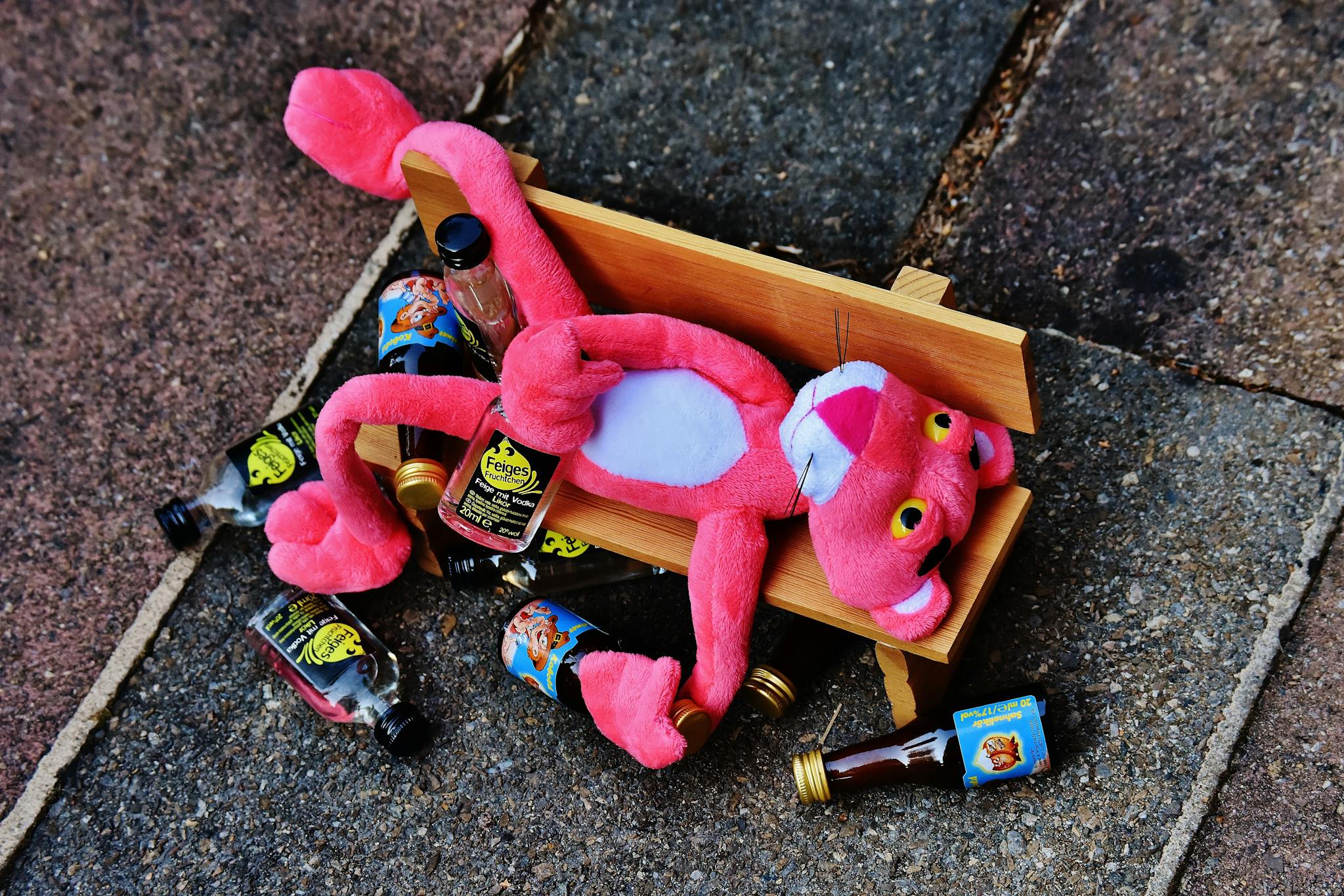










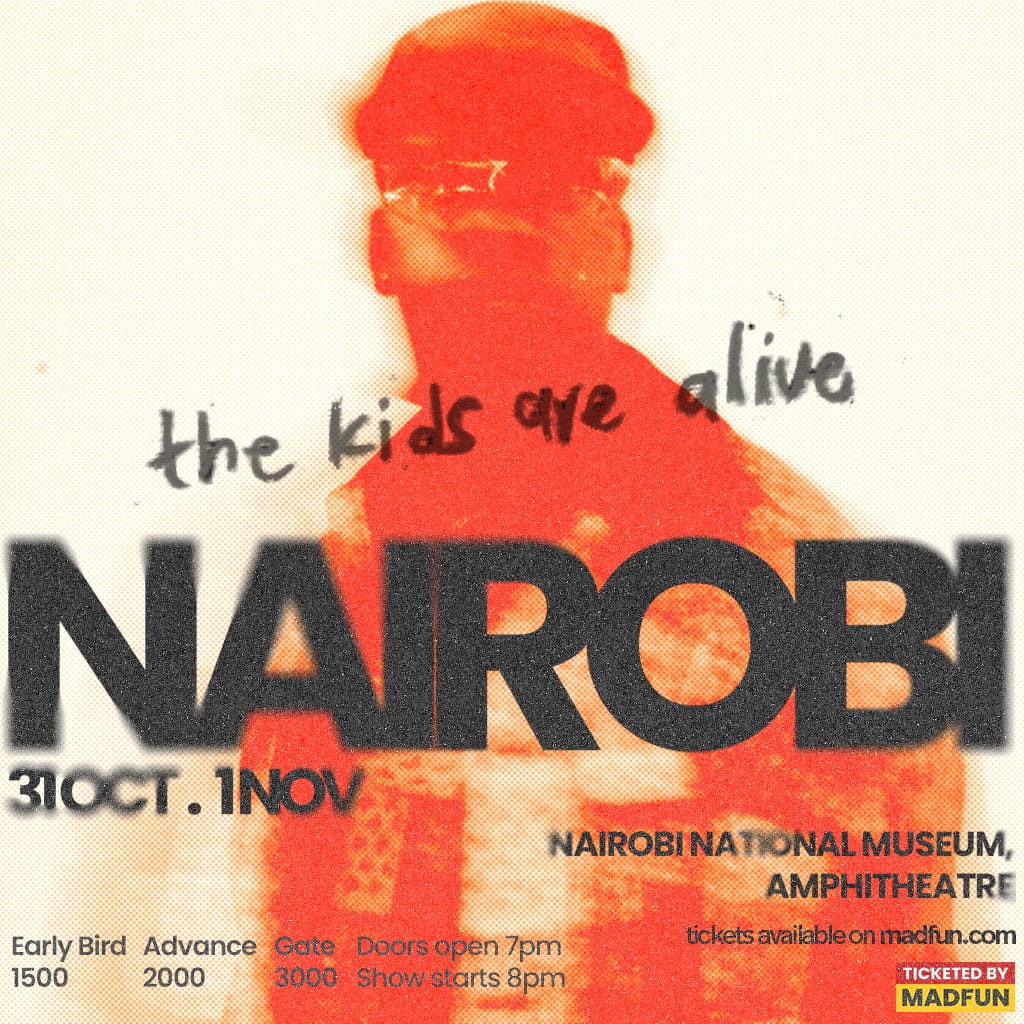
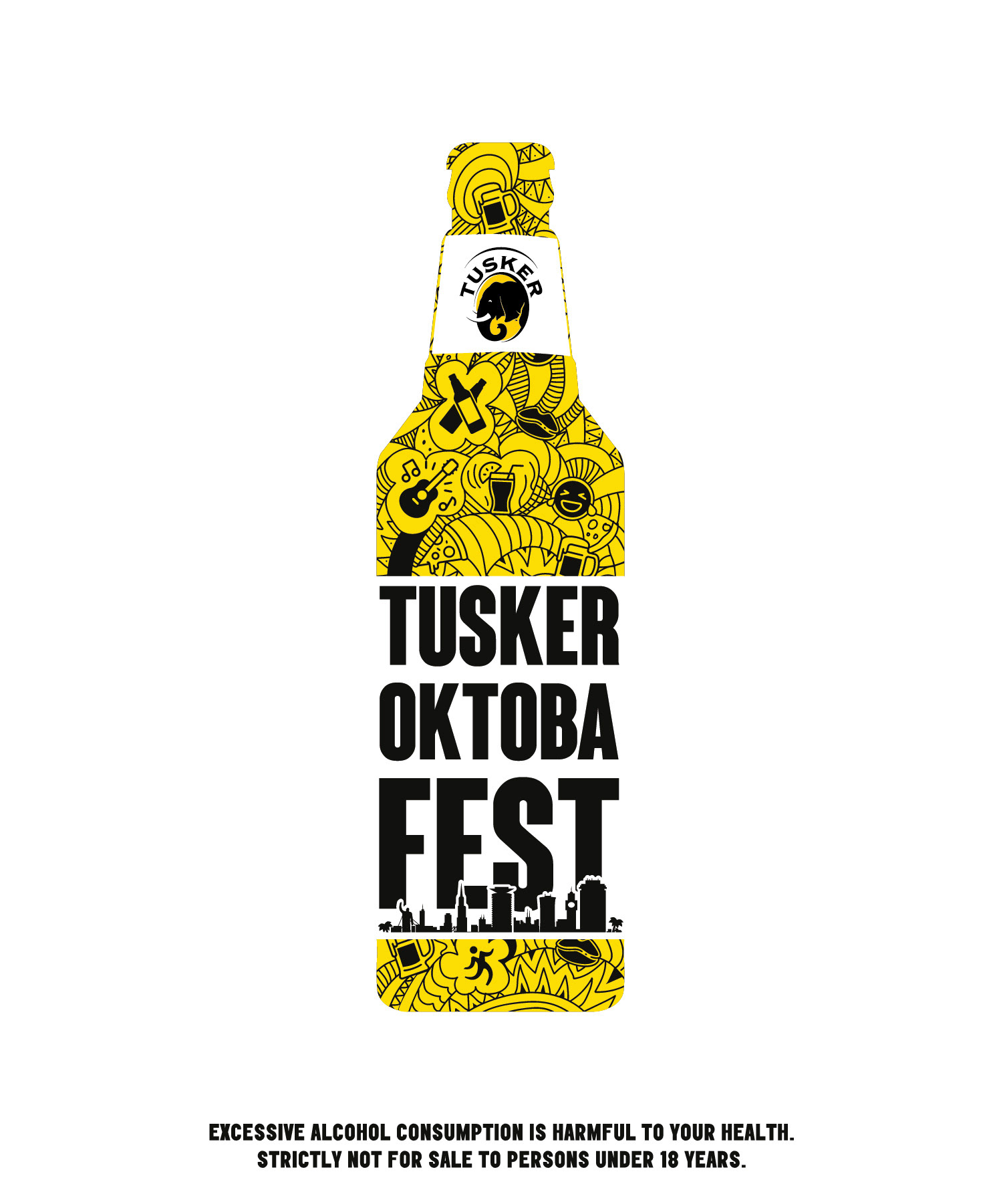


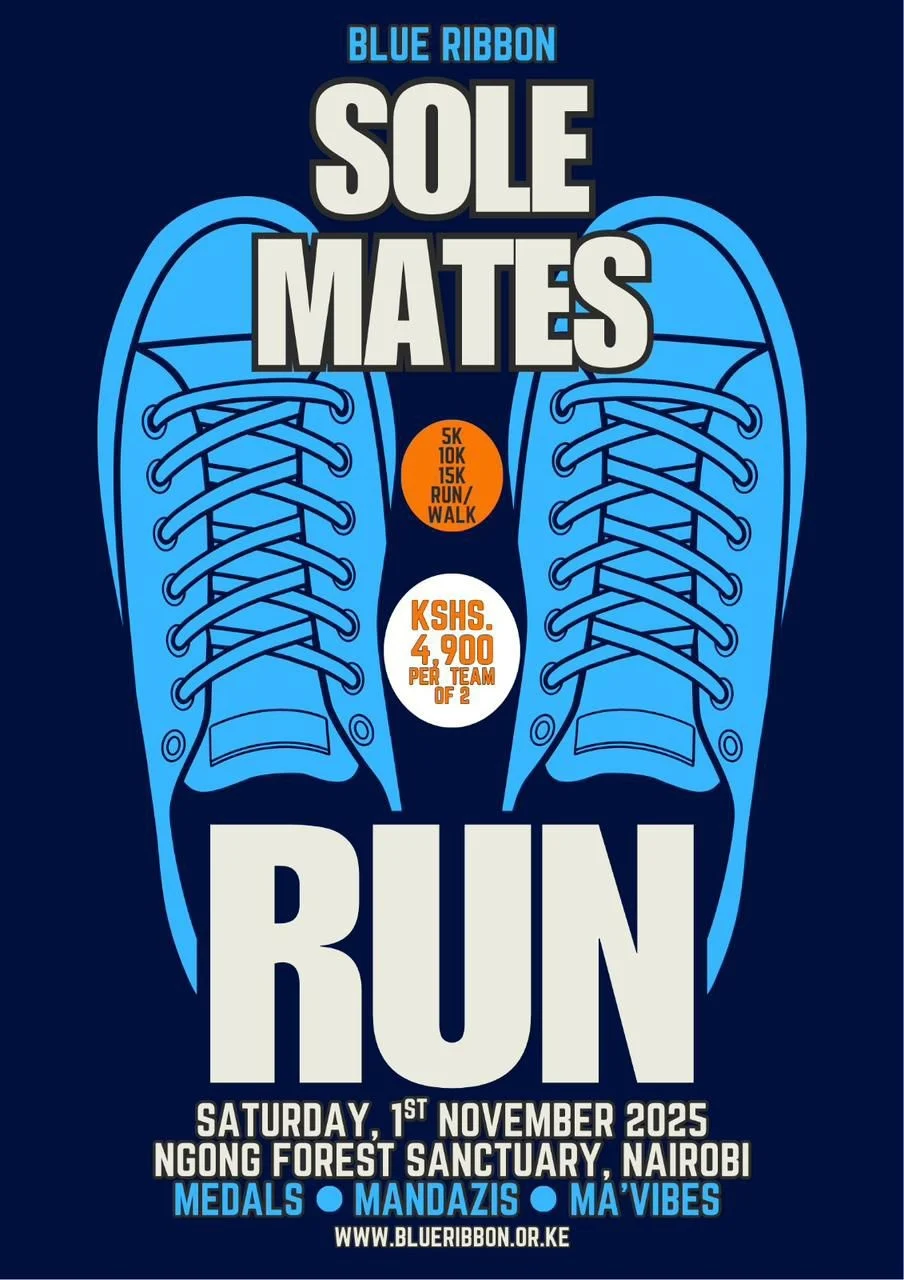
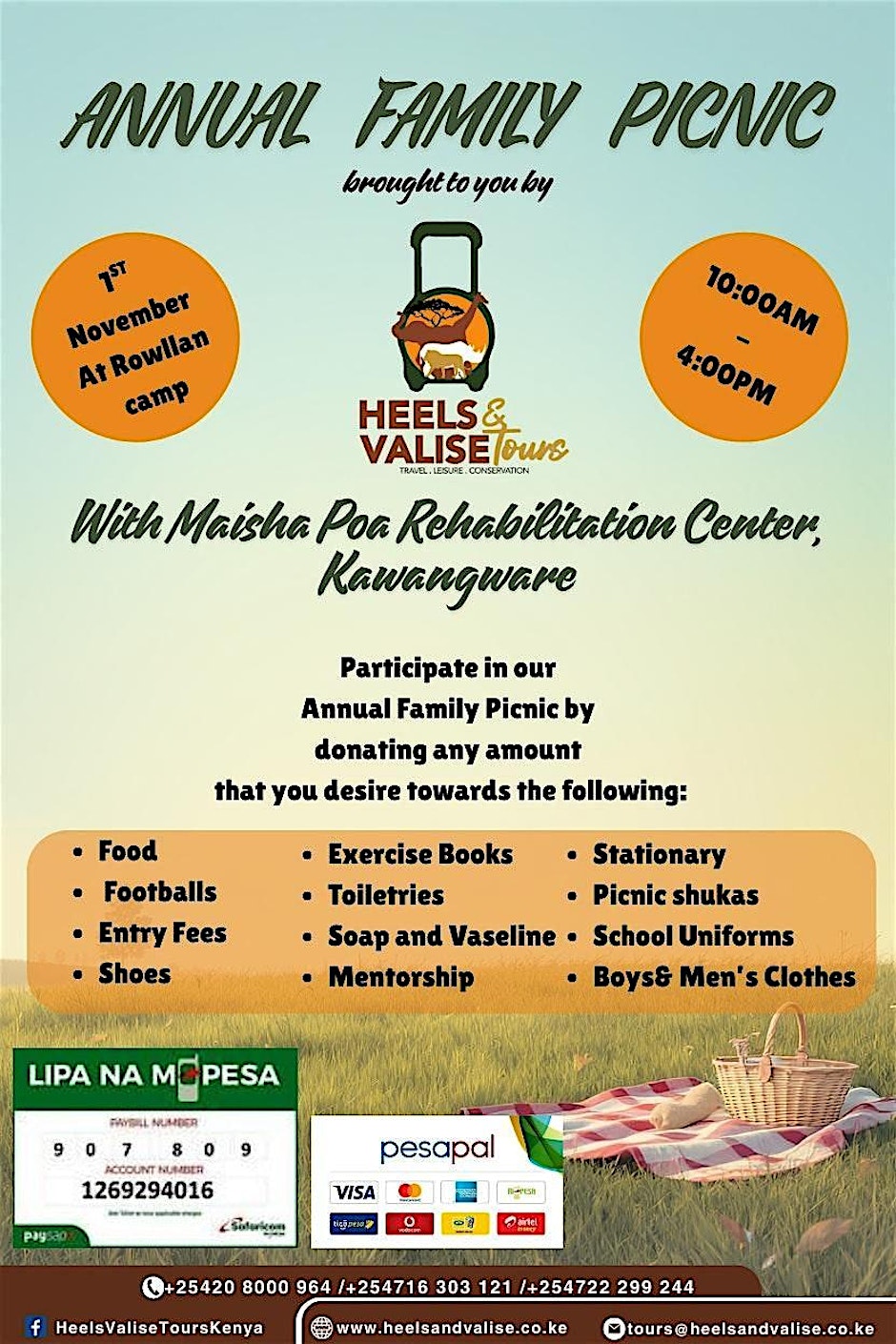



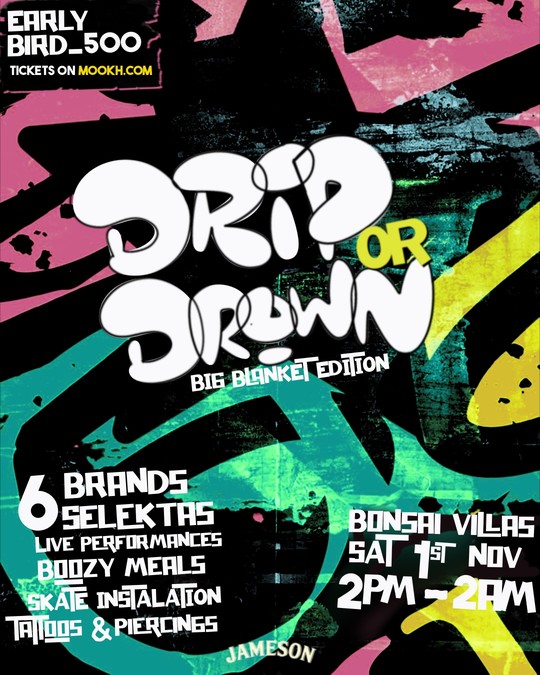
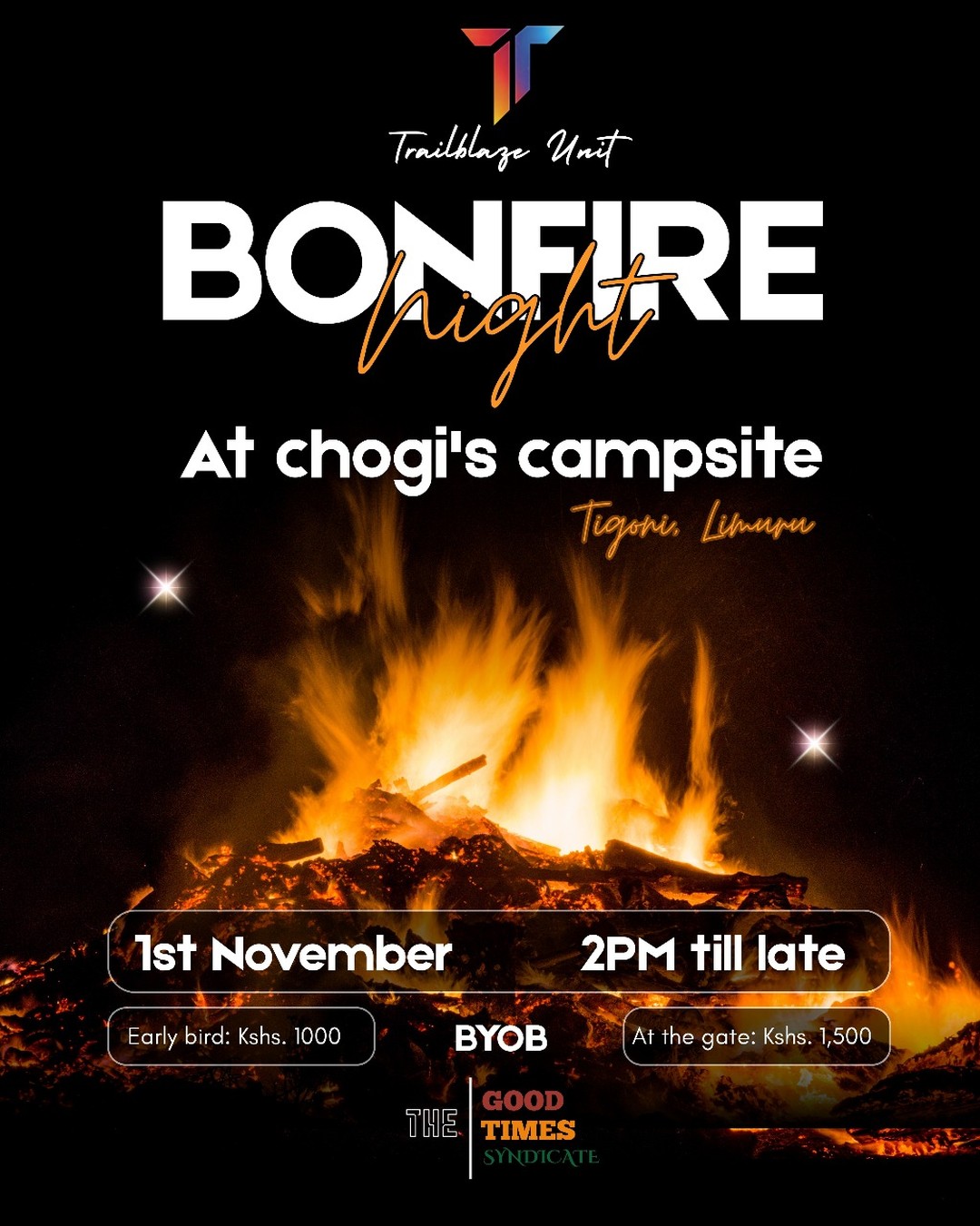













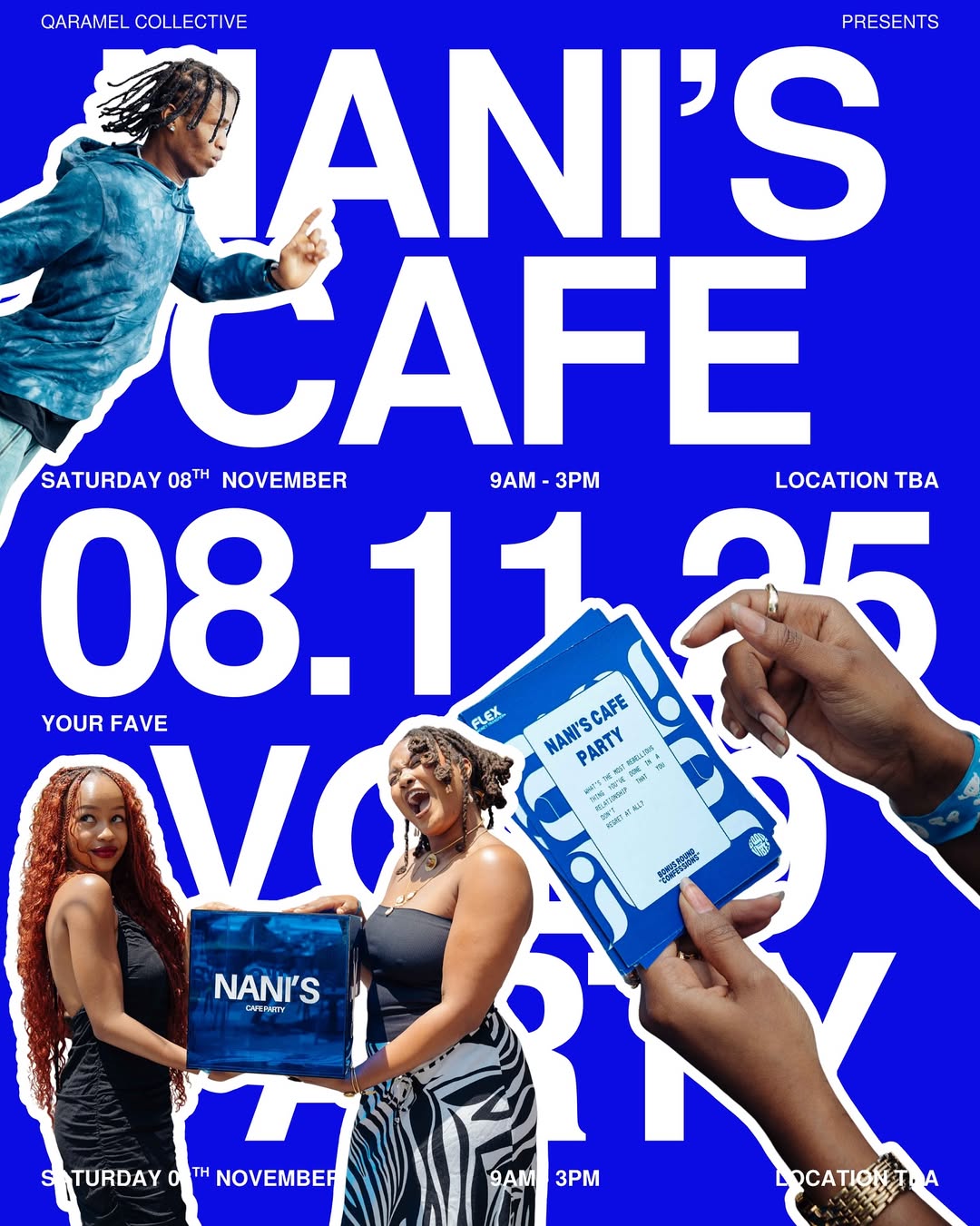

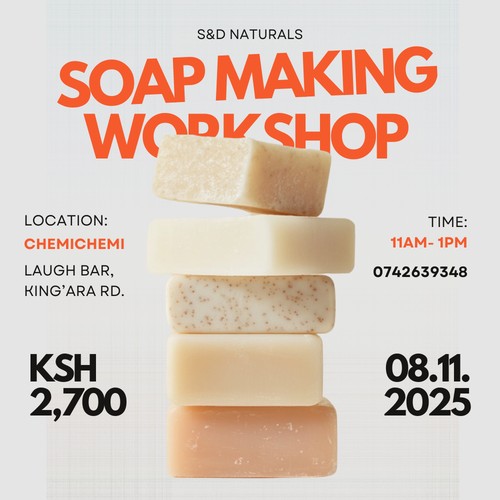
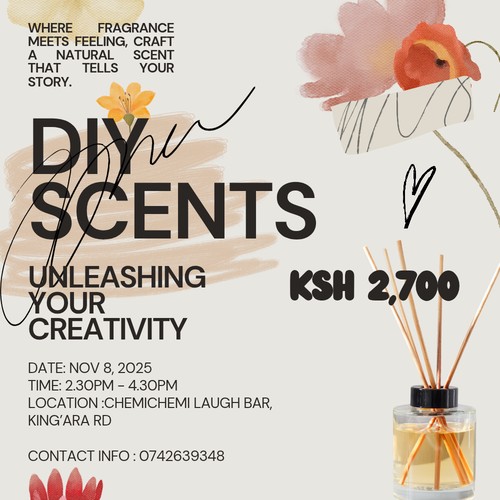




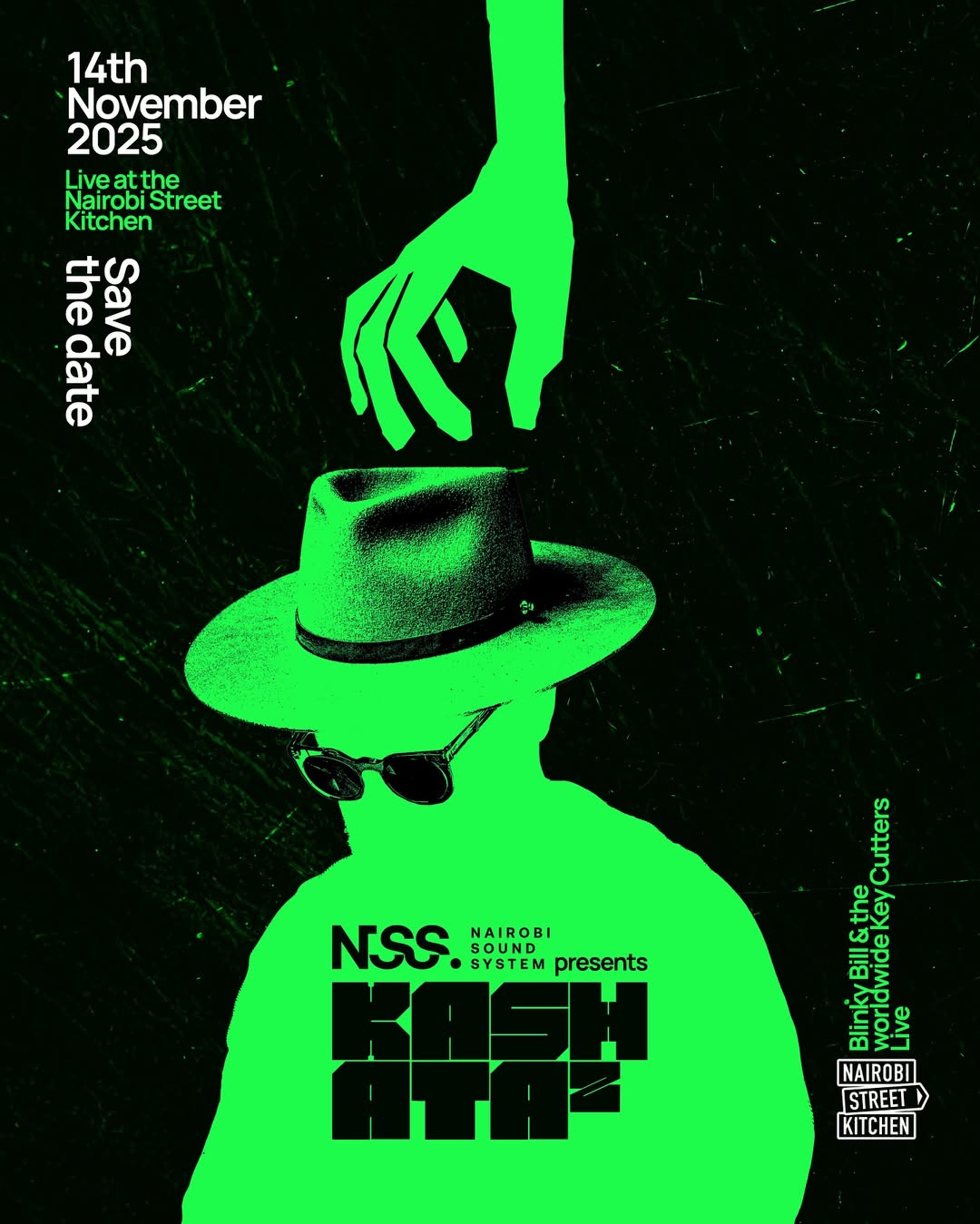



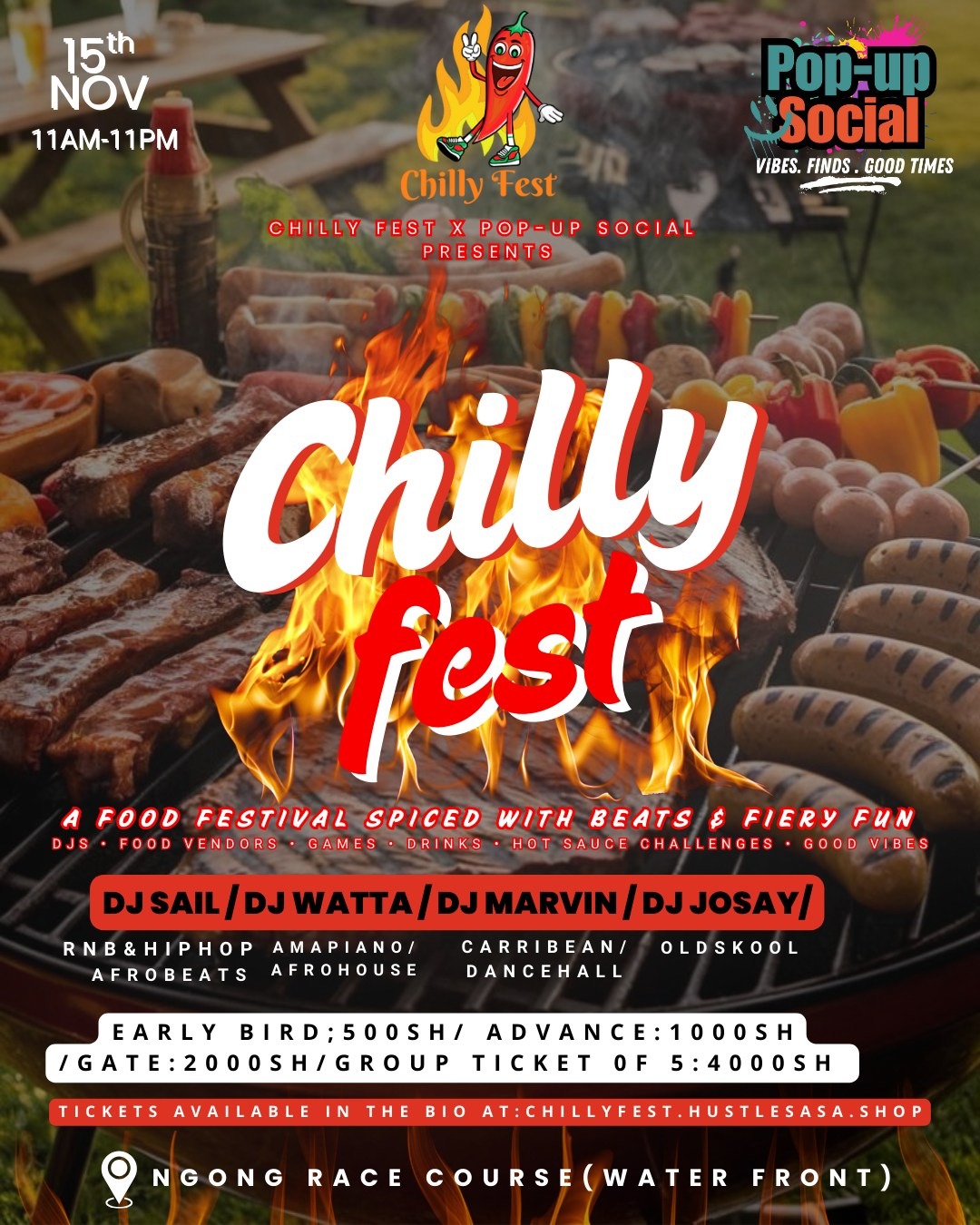


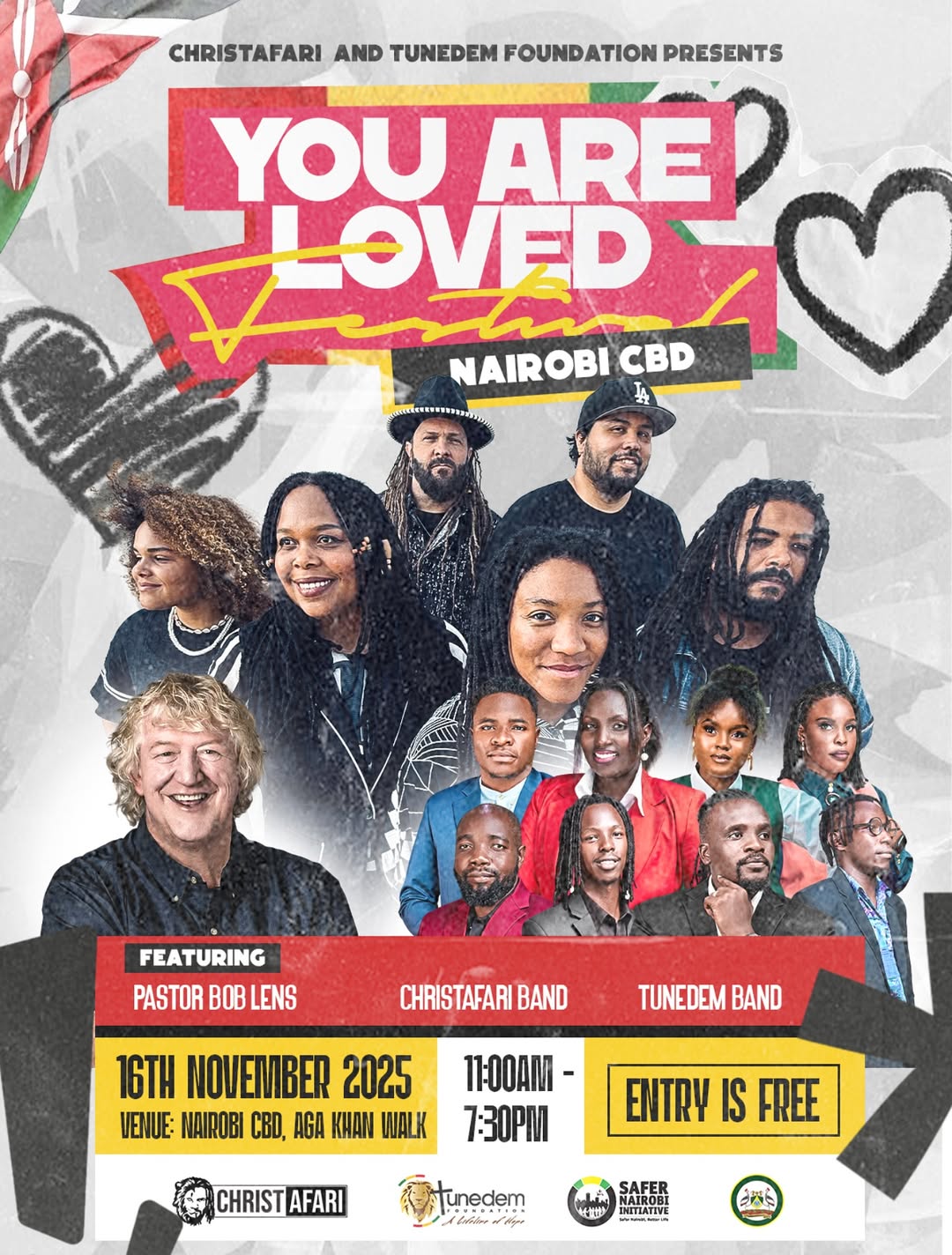


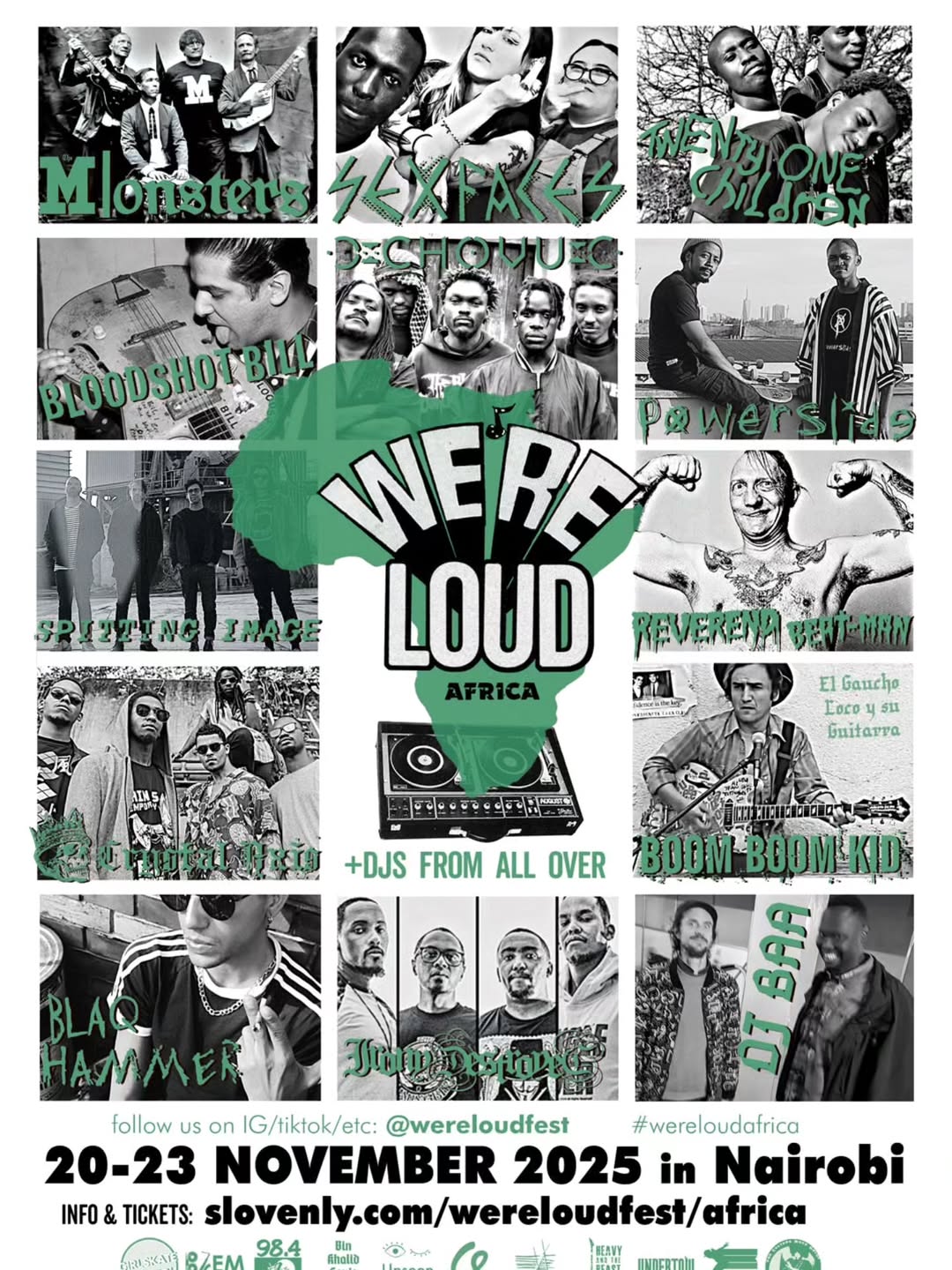


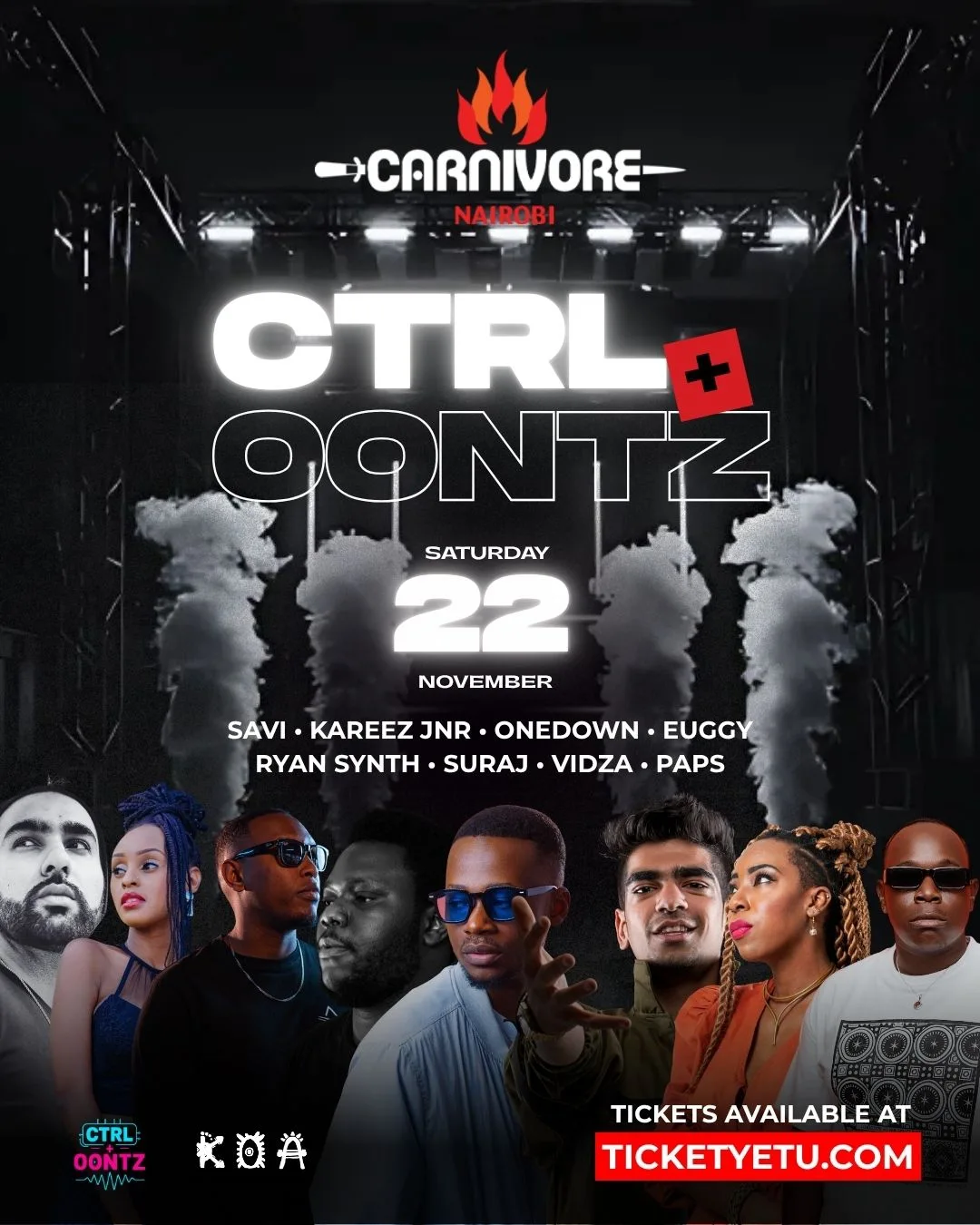




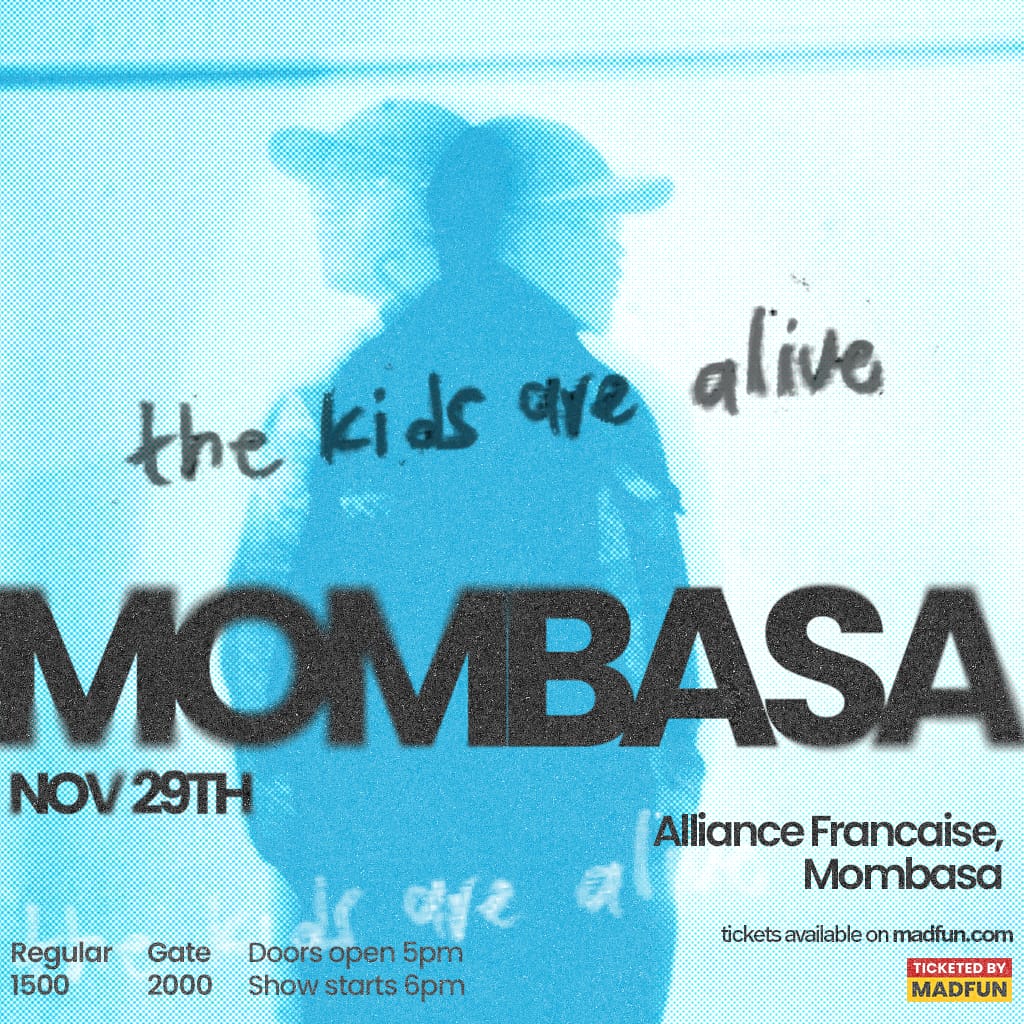





























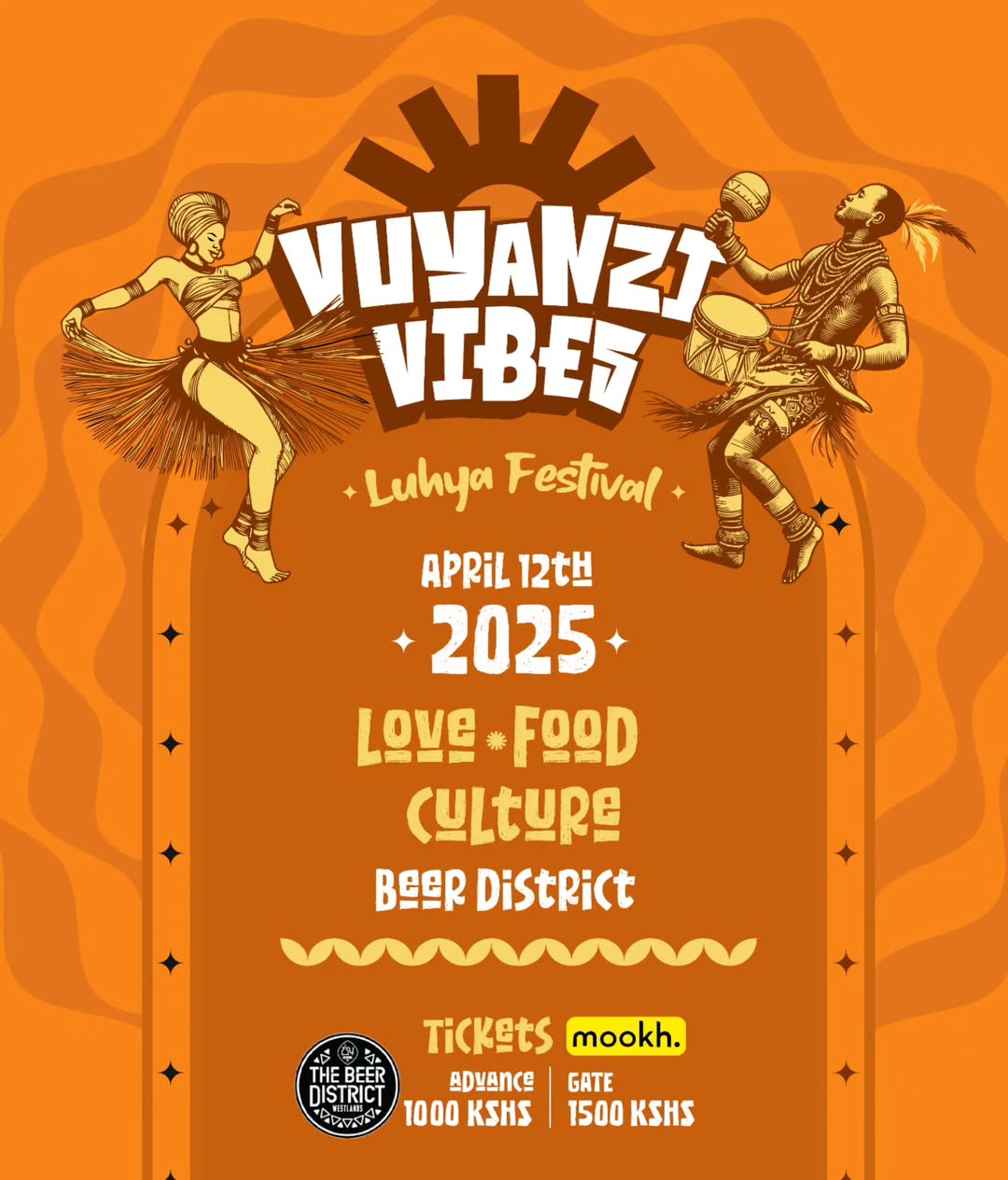
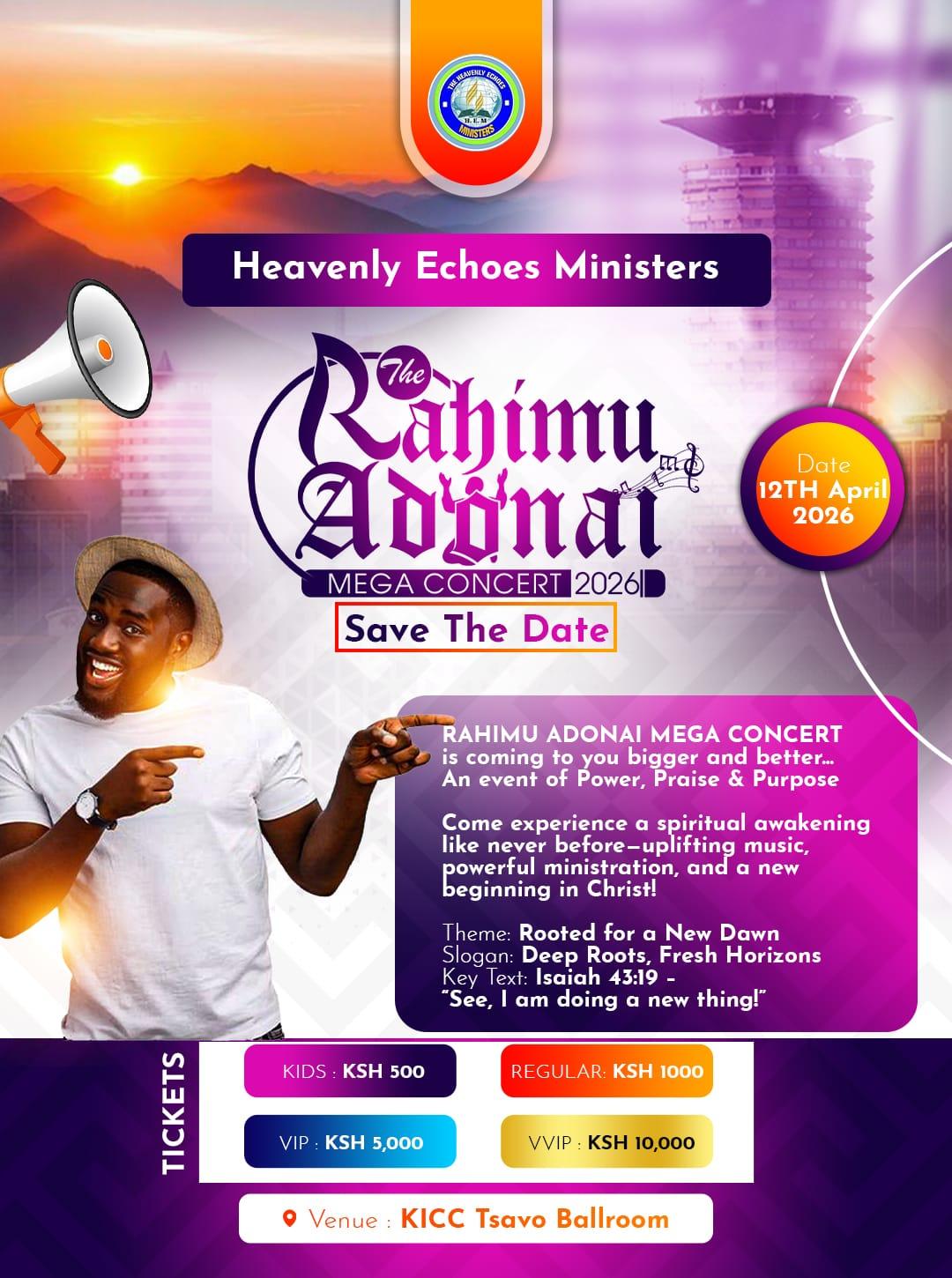








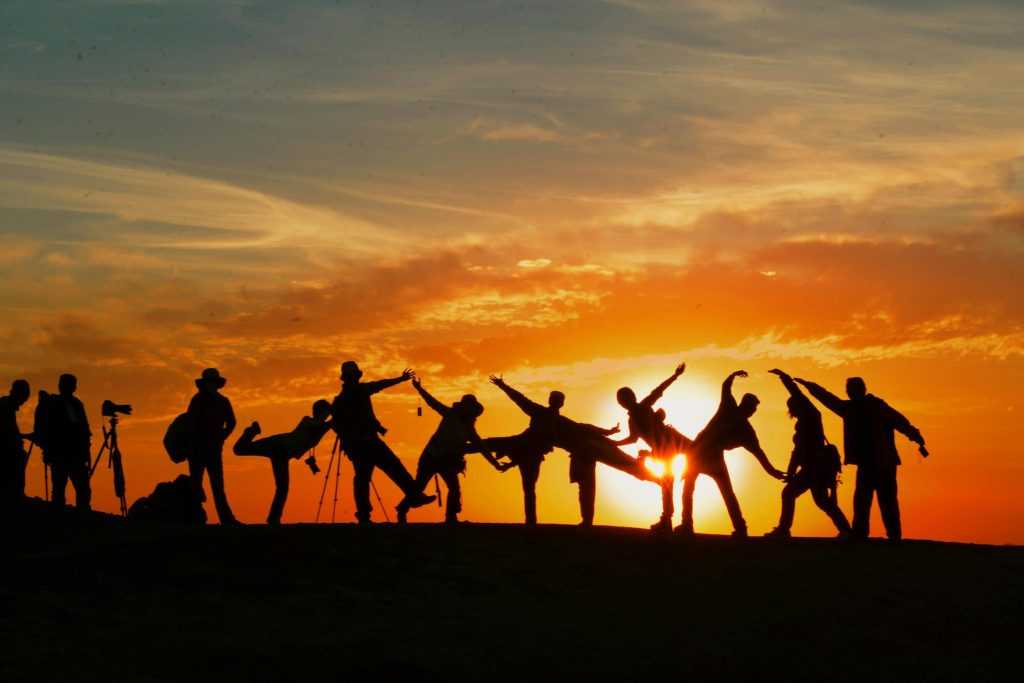



Leave a Reply